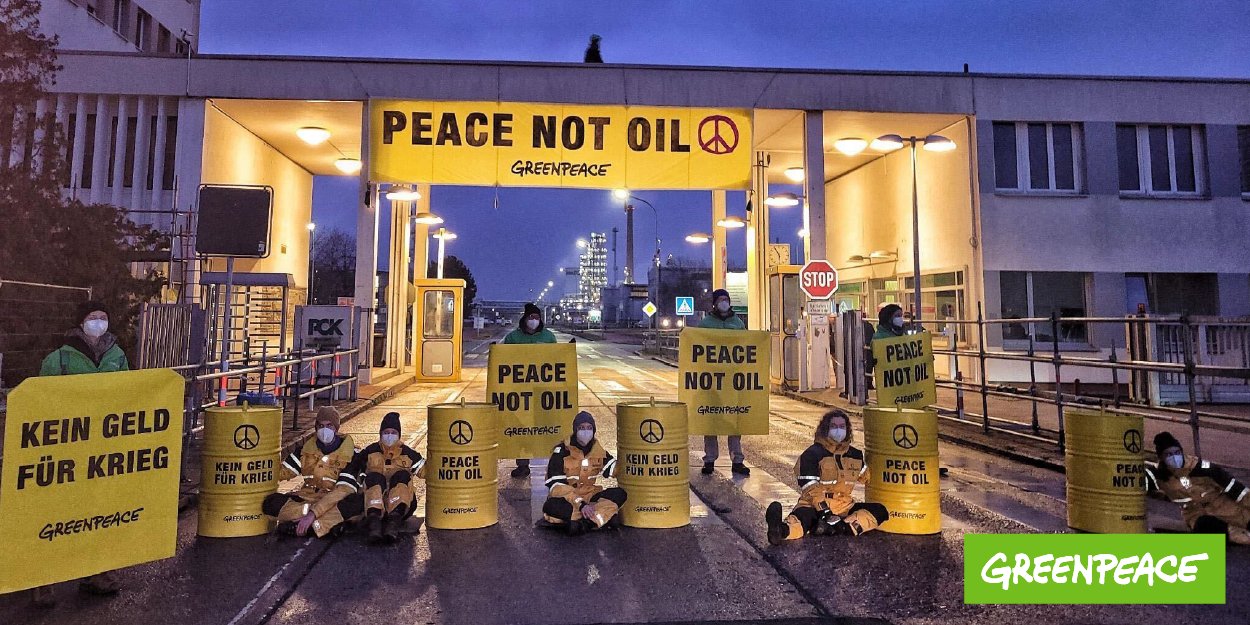The Center for Democracy Studies at the liberal FPD party, which is a member of the coalition government, has written a report on Russian influence in the German energy sector. Despite the energy crisis and the invasion of Ukraine, Russia’s Rosneft still holds 54 percent of shares of the Schwedt refinery.
The Centre presented a report through the Friedrich Neumann Foundation, which was obtained by the Frankfurter Allgemeine Zeitung. It revealed that Germany was still under Russian influence and has a number of weaknesses that the Russians can exploit for political purposes through „strategic corruption”.
The report talks about the economic symbiosis between the Russian energy sector and the German industry founded on „cheap gas from Russia”. „Russia has so far concentrated relatively small investments in important sectors such as refineries, gas transportation and storage,” the report said. As an example the authors used Germany’s Wintershall and DEA owned by Mikhail Friedman, an oligarch, as well as the NS2 project supported by this company and Germany’s E.ON and BASF.
The authors of the report admit that Germany has learned its lesson, but its eastern neighbor – Poland reminds about one more thing. The energy crisis fueled by Gazprom and then the Russian invasion of Ukraine prompted the Germans to expropriate this company from the companies managing its gas infrastructure, including storage facilities, but failed to make similar changes in the refining sector. Since the beginning of the invasion, Poland has demanded that Germany derusify the Schwedt refinery, but its arguments fall on deaf ears in Berlin.
Schwedt has been placed under a trusteeship and although Rosneft still owns 54 percent of the shares, decisions are made by the board under Berlin’s control. In September, the Germans are to decide whether the status quo would be extended or if the shares would be taken over by a different company.
Frankfurter Allgemeine Zeitung / Wojciech Jakóbik









